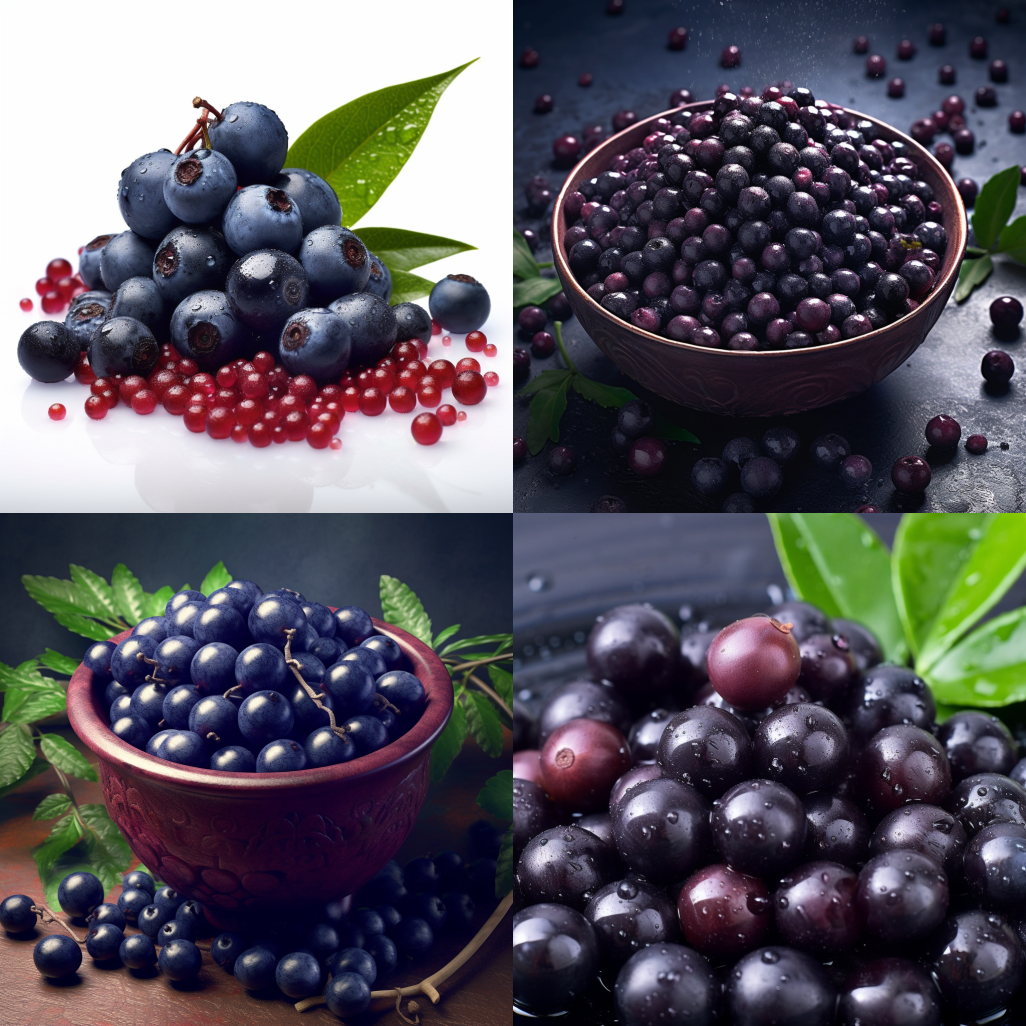Acai Berry: Safe During Pregnancy?
As the Mother and Newborn editorial team, we have been faced with many questions lately about whether Ashwagandha, acai berry, and Kefir are safe during pregnancy.
A few days ago, we looked at the answers to these two questions in an evidence-based way:
Is Ashwagandha safe during pregnancy?
Can I take Kefir while pregnant or breastfeeding?
Now it’s Acai Berris’ turn!
Have you ever come across acai berry? This tiny yet potent fruit originates from the enchanting depths of the Amazon rainforests, predominantly found in Brazil. Renowned for its impressive health benefits, acai has caught the attention of expectant mothers seeking wholesome choices during pregnancy and individuals looking to incorporate this superfood into their daily diet.
In this blog post, we will delve into the advantages of acai berries for pregnant women, explore its suitability for regular consumption, uncover the reasons behind its often steep price tag, and journey into the captivating origins of acai within the Amazon rainforest.
Is acai berry good in early pregnancy?
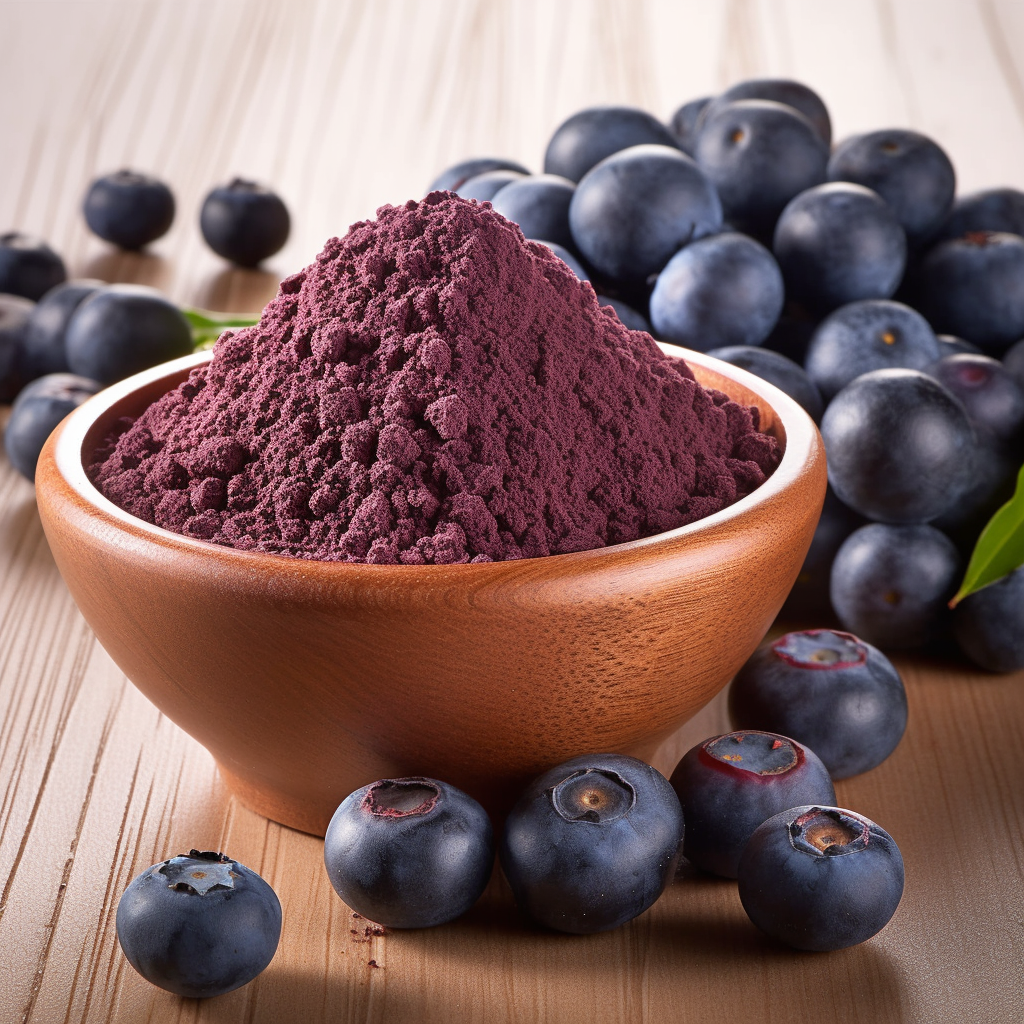
Acai berries are a nutritious food that can provide several health benefits for pregnant women. They are a good source of antioxidants, fiber, and healthy fats, supporting overall health and well-being. Antioxidants can help protect the body from damage caused by free radicals, which can contribute to various health problems. Fiber can promote digestive health and help prevent constipation, a common issue during pregnancy. Healthy fats, such as those found in acai berries, can support brain development in the developing baby.
Potential Risks of Acai Berries in Early Pregnancy
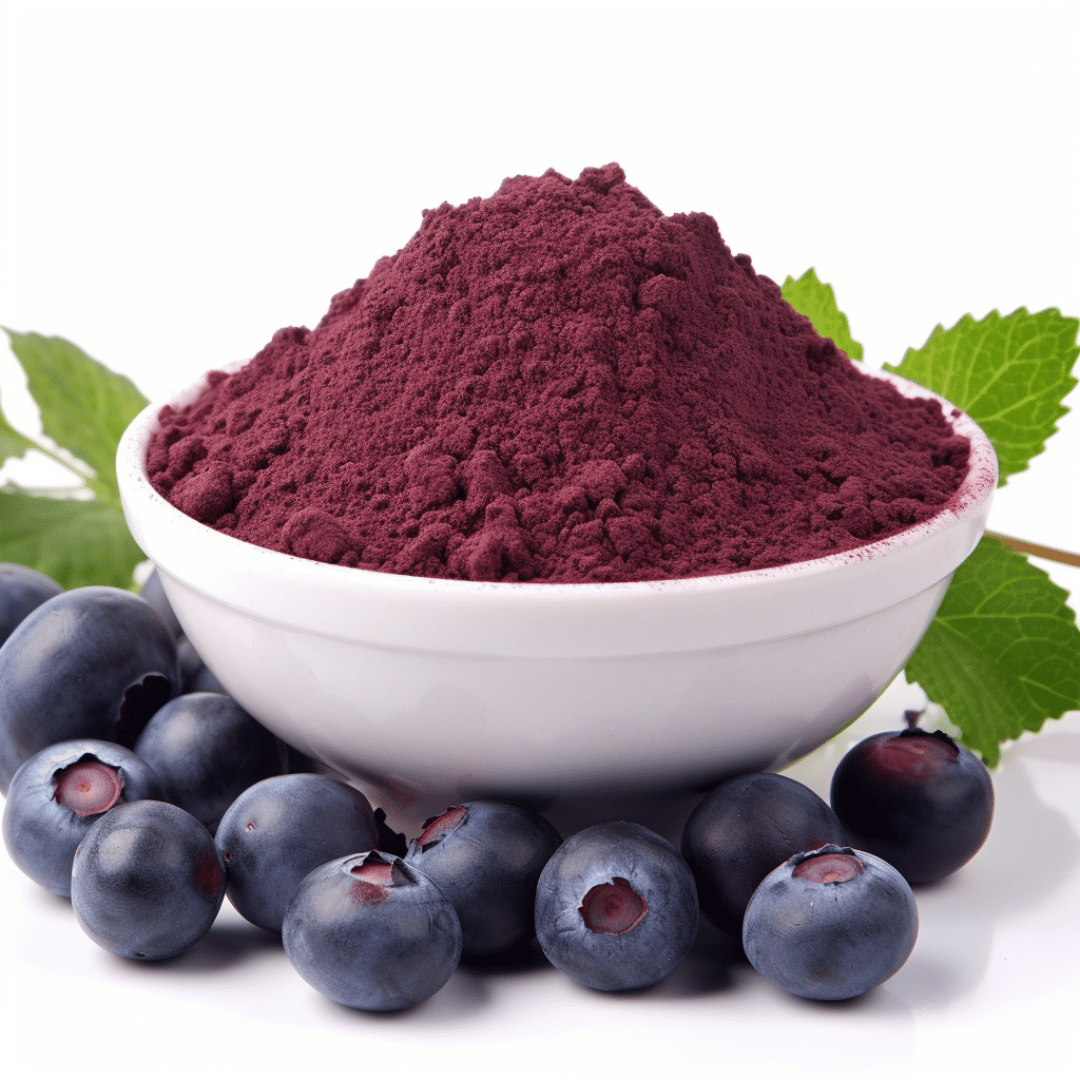
While acai berries are generally safe to consume during pregnancy, there are some potential risks. For example, some acai products may contain added sugars or other ingredients that may not be beneficial during pregnancy. Additionally, acai berries are often consumed raw or minimally processed, which can increase the risk of foodborne illness. Pregnant women are more susceptible to certain foodborne diseases, which can harm the developing baby.
Precautions for Consuming Acai Berries in Early Pregnancy
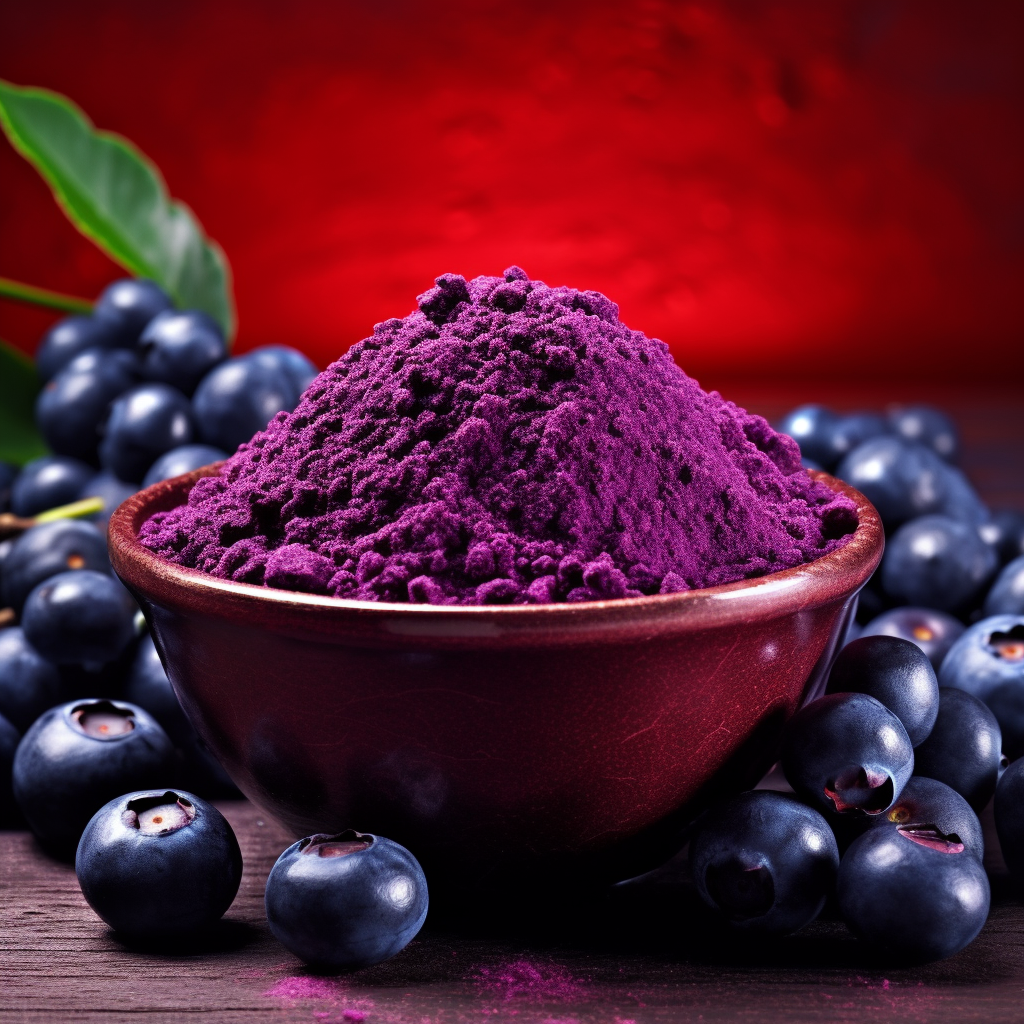
To minimize the potential risks of consuming acai berries during early pregnancy, it’s important to take certain precautions. First, choosing acai products that are minimally processed and free of added sugars or other potentially harmful ingredients is important. Second, it’s important to ensure that acai products are properly prepared and stored to avoid the risk of foodborne illness. This includes washing fresh acai berries thoroughly and avoiding consuming acai products left at room temperature for an extended period.
Summary
In conclusion, acai berries can be nutritious for a healthy pregnancy diet. They are a good source of antioxidants, fiber, and healthy fats, which can provide several health benefits for pregnant women. However, it’s important to consume acai products in moderation and to choose products that are minimally processed and free of added sugars or other potentially harmful ingredients. Additionally, pregnant women should take precautions to minimize the risk of foodborne illness when consuming acai products. As always, it’s best to consult a healthcare provider for individualized advice on nutrition and pregnancy.
Can I eat acai every day?
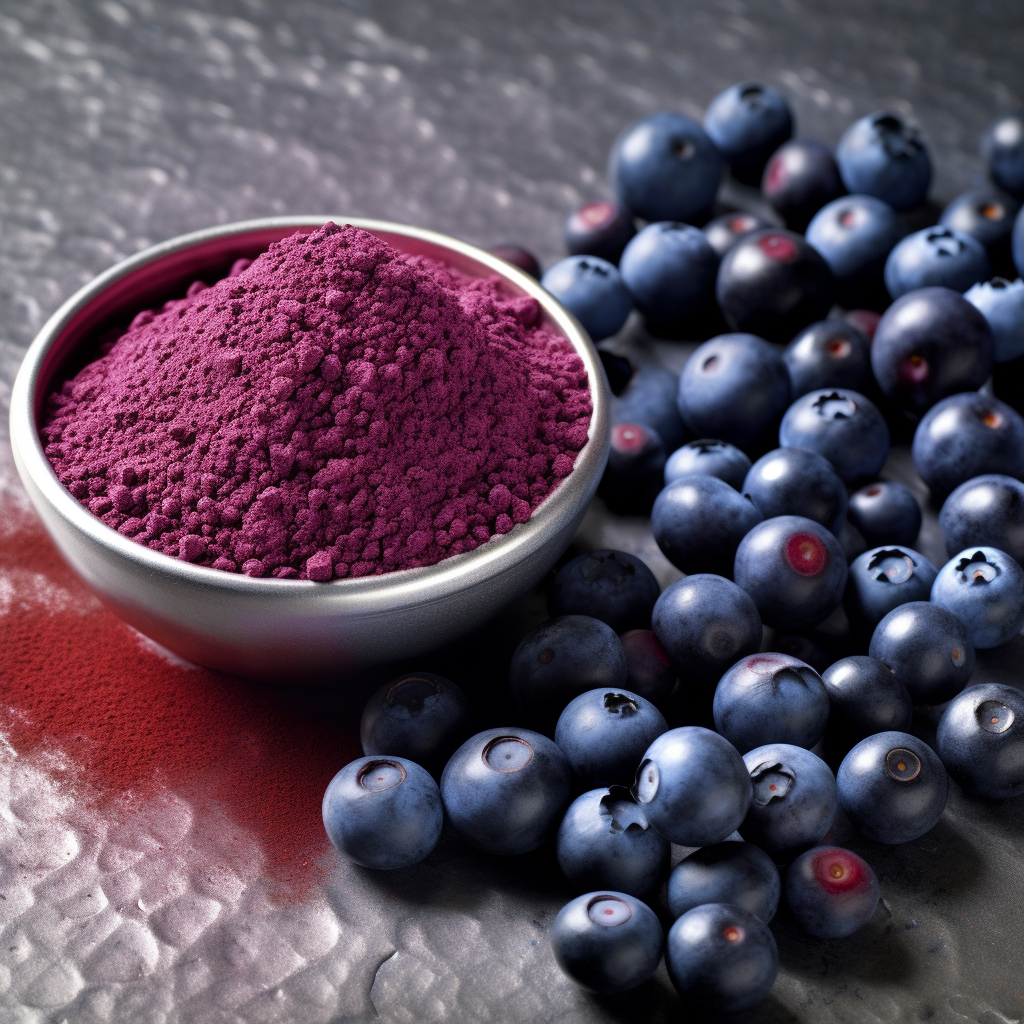
You can eat acai every day as it is a nutritious food with several health benefits. Acai is a berry rich in antioxidants, fiber, and healthy fats. It is also a good vitamin A, calcium, and iron source.
Consuming acai regularly can help boost your immune system, improve your digestion, and support your cardiovascular health.
However, it is important to note that acai is often consumed as a component of a meal or smoothie, and it is best to finish it in moderation as part of a balanced diet. It is also important to choose acai products that are minimally processed and do not contain added sugars or artificial ingredients.
Why is acai so expensive?
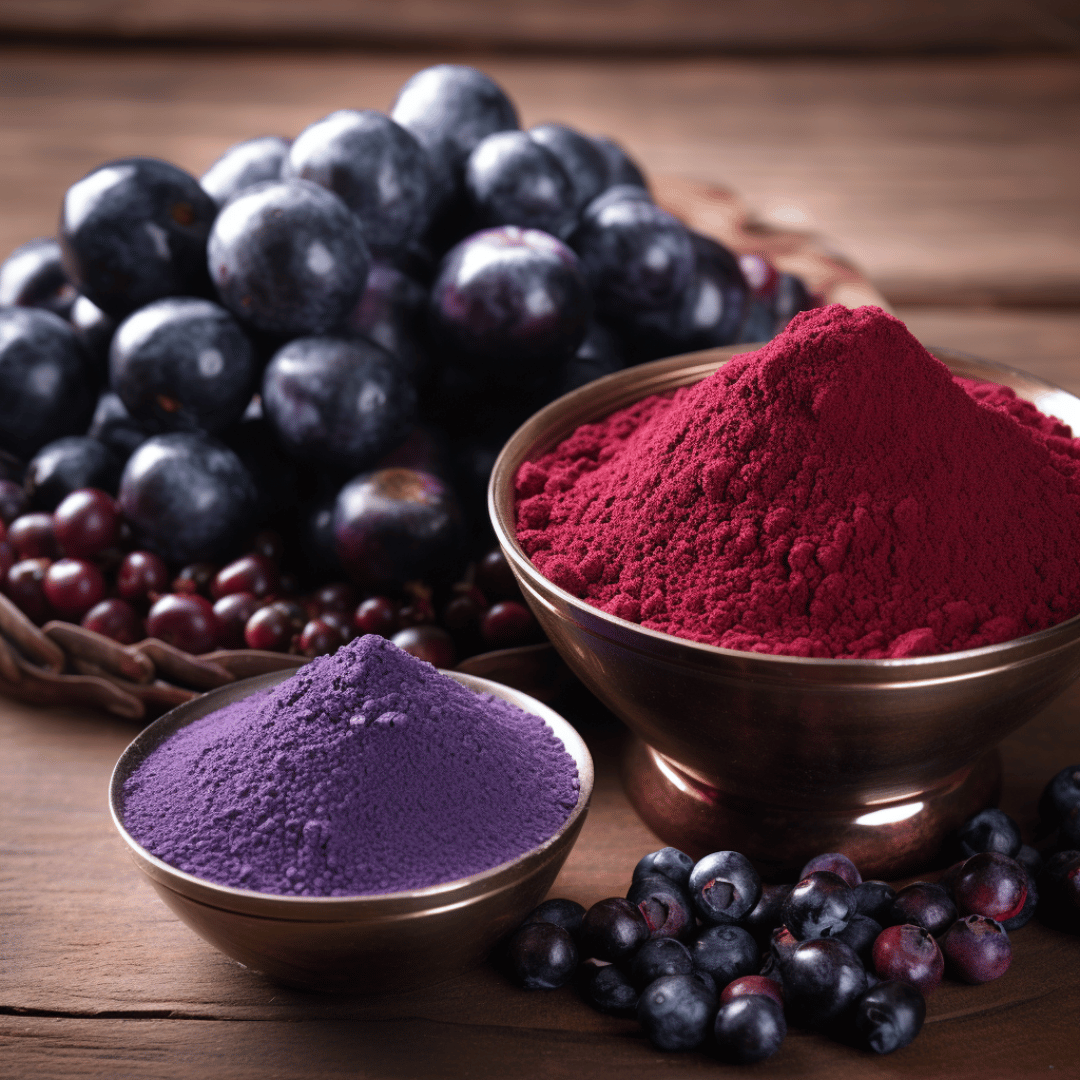
Acai berries are often considered expensive because they are a perishable fruit that is native to the Amazon rainforest in Brazil. Due to their fragile nature, they are difficult to transport and must be processed quickly to prevent spoilage. This means the cost of harvesting, processing, and transporting the berries can be high.
Additionally, the popularity of acai has grown significantly in recent years due to its reputation as a “superfood” with numerous health benefits. This has led to increased demand for acai, and as a result, the price has gone up.
Another factor contributing to the high cost of acai is that it is often sold as a frozen puree or powder, which requires specialized equipment and facilities to produce. The cost of producing and storing these products is also passed on to the consumer, making them more expensive than other types of fruit.
What country does acai come from?
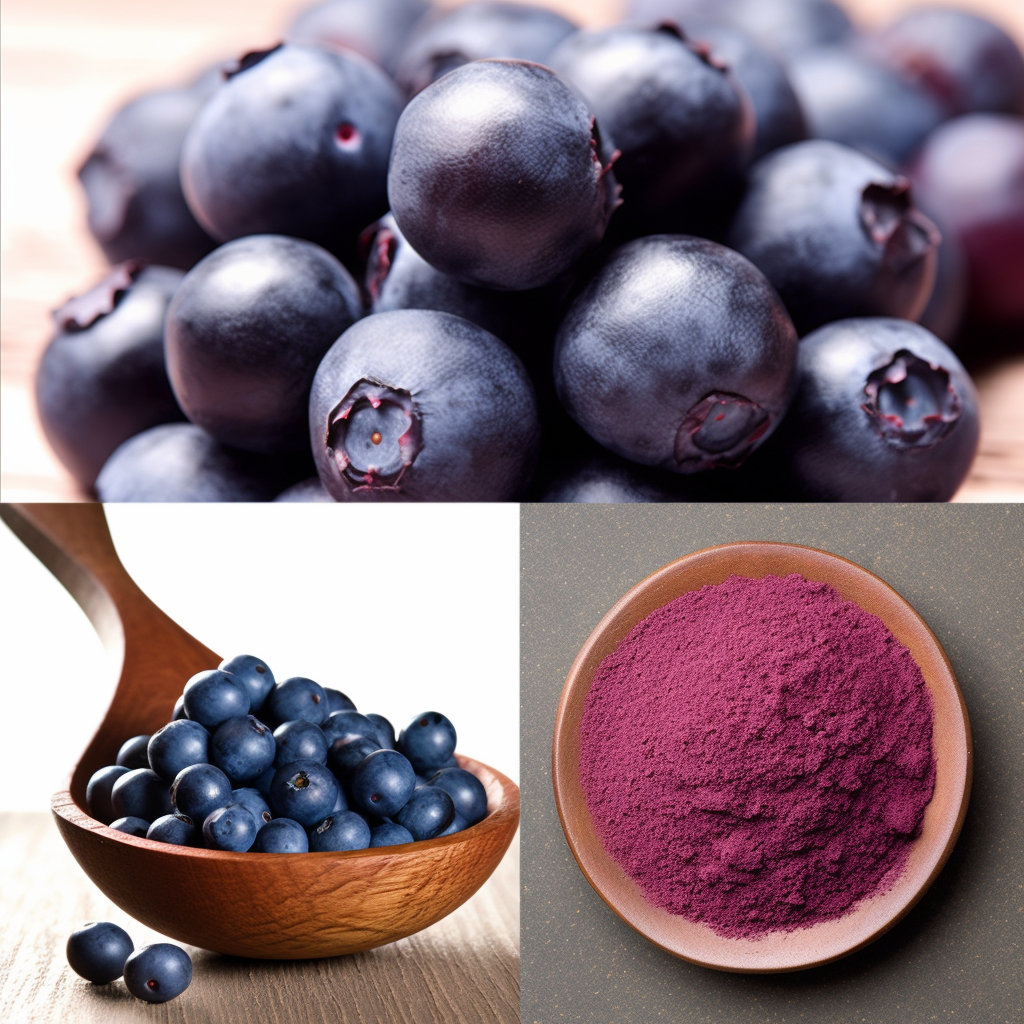
Acai (Euterpe oleracea) is a type of fruit that is native to the Amazon rainforest in Brazil. It grows on acai palm trees found in several countries in the Amazon region, including Brazil, Peru, and Colombia.
For many years, acai was primarily consumed by indigenous people in the Amazon region, who valued its nutritional properties and used it in traditional medicine. However, in recent years, acai has become increasingly popular in other parts of the world, particularly as a health food and as an ingredient in smoothies, bowls, and other dishes.
Today, Brazil is the largest producer and exporter of acai, with the state of Pará being the main growing region. The fruit is harvested by hand, and the acai berries are typically processed into frozen puree or powder form for export to other countries.
Does acai contain caffeine?
No, acai berries do not contain caffeine. Acai is a fruit that grows on acai palm trees in the Amazon rainforest and is typically consumed as a frozen puree or powder. It is known for being rich in antioxidants, fiber, and healthy fats but does not contain caffeine.
However, some acai products may be mixed with other ingredients containing caffeine, such as guarana or green tea, to boost energy. It is important to check the ingredient list of acai products if you are concerned about caffeine intake.
Is acai full of iron?
Yes, acai is a good source of iron. Iron is an essential mineral that plays a critical role in the body, including in the production of red blood cells and oxygen transport throughout the body.
A 100-gram serving of frozen acai puree contains about 2.2 milligrams of iron, about 12% of the daily value recommended for adults. While this may not seem like a lot, it can be a helpful addition to a balanced diet, especially for individuals at risk of iron deficiency.
It is worth noting that the amount of iron in acai can vary depending on the specific product and how it is prepared.

